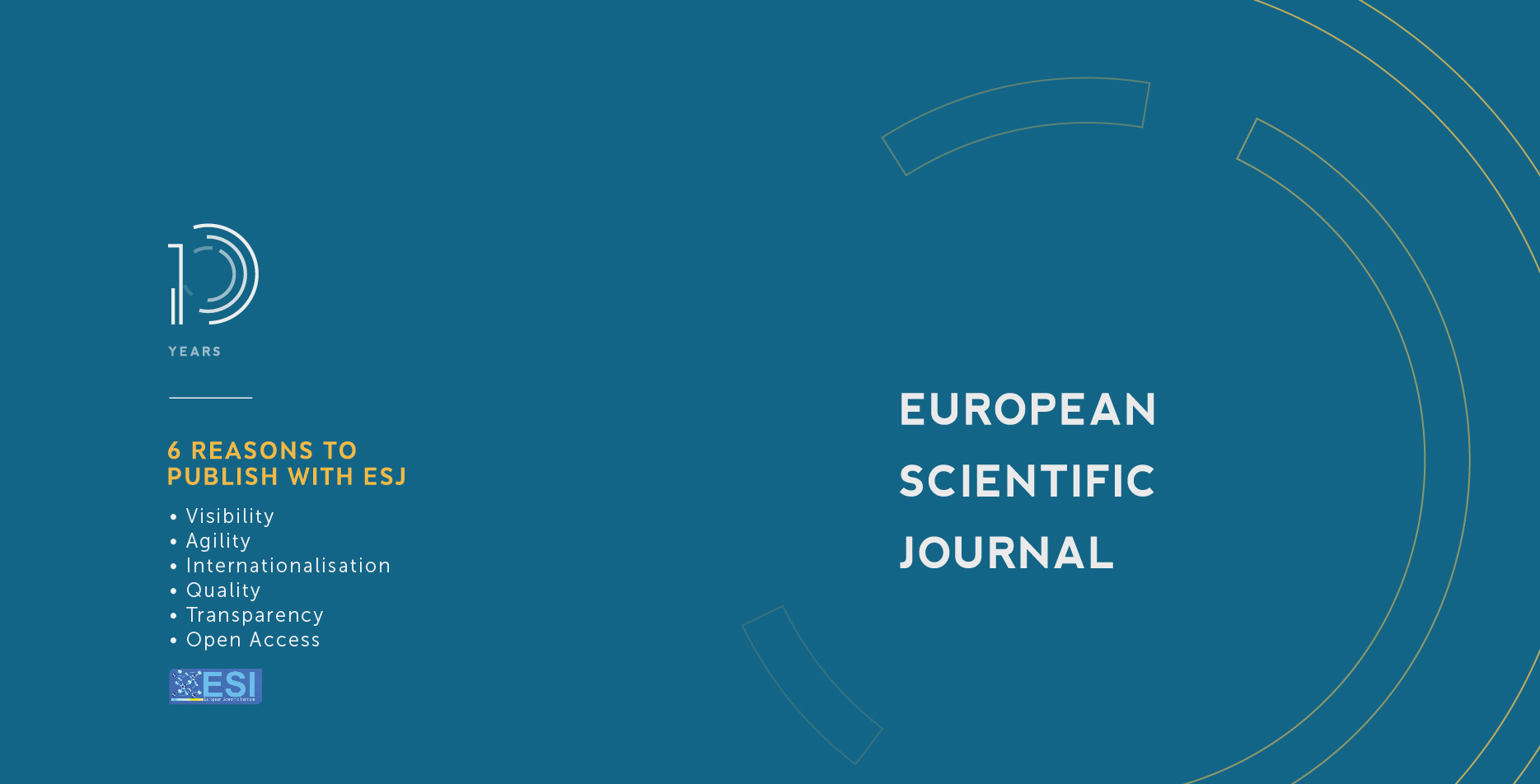The Importance of Improving the Knowledge and Education of the Population Living in Rural Areas for the Creation of Sustainable Tourism Products and Services
Abstract
The development of tourism businesses based on private homesteads in rural areas is an essential economic tool in solving the social and economic problems of the local population. Changes caused by globalization and new trends in the development of the modern world make it increasingly necessary to preserve cultural and historical features. Preservation of traditional agricultural activities using tourism business in rural areas is a unique opportunity for the formation of niche and exclusive tourism products, as well as for not forgetting historical activities and for creating new jobs in rural areas. In Adjara, one of the regions of Georgia, the tourism business in rural areas is developing inconsistently. State bodies do not participate in the intensive and sustainable development of tourism in rural areas. There is no rural tourism business development model according to which accommodation, food, and other related service elements would be formed. The local population with little knowledge and less intellectual capacity creates low-quality tourism products in rural areas. The problems mentioned above lead to the slow development of tourism in rural areas, due to which the rural population is still actively experiencing many economic issues. The purpose of this work is to show the importance of raising the education of the rural population for the sustainable and intensive development of the tourism business in Adjara, which will contribute to the rapid growth of tourism in the rural areas and solve the socio-economic problems of the local population. The article discusses the challenges related to the sustainable development of tourism in rural areas, which refers to the lack of education in the relevant direction of the local population. The article presents the original ways of solving the above-mentioned problems.As a research method, we used the method of systematic analysis and questionnaire, in which we studied the tourist facilities located in the villages of Adjara, and the knowledge and skills of the local population in the direction of business management. Based on the research objectives, a questionnaire was developed in advance by us, which included the research statements. The main part of our research was to collect information about the education of people living on the homestead, which is a prerequisite for sustainable and intensive development of tourism business in rural areas.
Downloads
PlumX Statistics
References
2. A. Habersetzer, M. Rataj, R. H. Eriksson, H.Mayerm. Entrepreneurship in rural regions: the role of industry experience and home advantage for newly founded firms. Regional Studies, Volume 55, Issue 5 (2021)
3. B.G. Davis. Tools for teaching, Jossey-Bass Publishers, San Francisco.1993,(p.99-166)
4. F. Corporal, The Emergence of Ecological Awareness, 2021. In: Ethics and Sustainable Agriculture: Bridging the Ecological Gaps , Springer Nature Switzerland AG. Pp. 13-22. DOI: 10.1007/978-3-030-76683-2_3. Retrieved on https://www.researchgate.net/publication/356151193
5. H.Oosterbeek, M. Praag , The impact of entrepreneurship education on entrepreneurship skills and motivation, European Economic Review , Volume 54, Issue 3, April 2010, Pages 442-454
6. J.Ateljevic, S.J.Page, Tourism and Entrepreneurship internation perspectives, Routledge Taylor&Francis Group, 2009(p.243-263)
7. M. Kociszewska, Ecological awareness and education of the society in the light of sustainability idea – selected aspects, 2014. Pedagogika Rodziny. 4. 10.2478/fampe-2014-0004. Retrieved
8. M. R. T.de Guzman, S. Kim , S.Taylor, I.Padasas. Rural communities as a context for entrepreneurship: Exploring perceptions of youth and business owners, Journal of Rural Studies Volume 80, December 2020, Pages 45-52
9. N. Bayona, Laying the Foundation of Tourism Education, ie University, 2021. https://www.ie.edu/insights/articles/laying-the-foundation-of-tourism-education/
10. X.Zhang, P. Tavitiyaman, Sustainability courses in hospitality and tourism higher education: Perspectives from industry practitioners and students, Journal of Hospitality, Leisure, Sport & Tourism Education Volume 31, November 2022
Copyright (c) 2022 Salome Bestaeva

This work is licensed under a Creative Commons Attribution-NonCommercial-NoDerivatives 4.0 International License.








